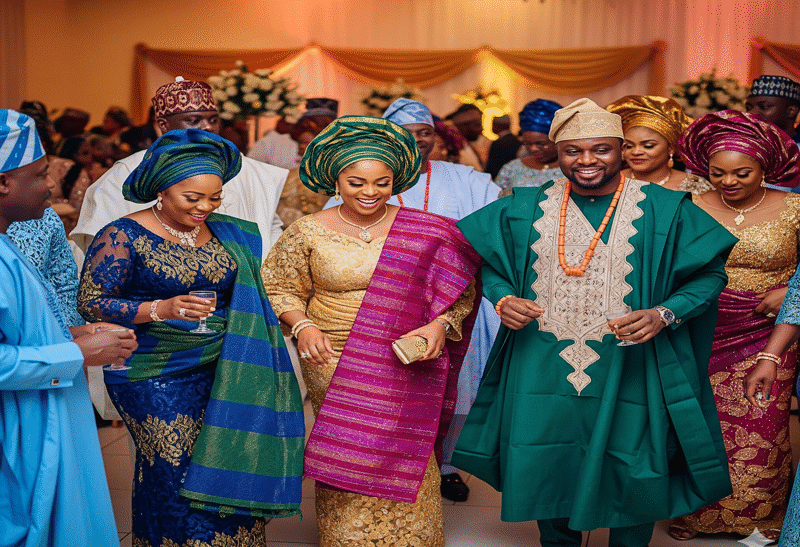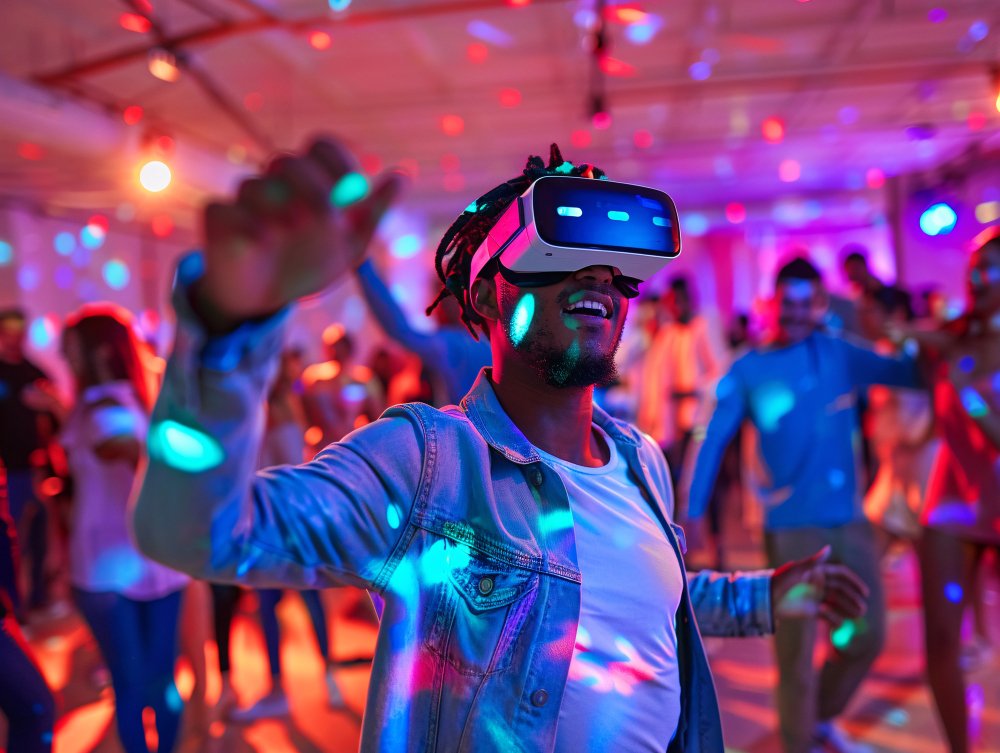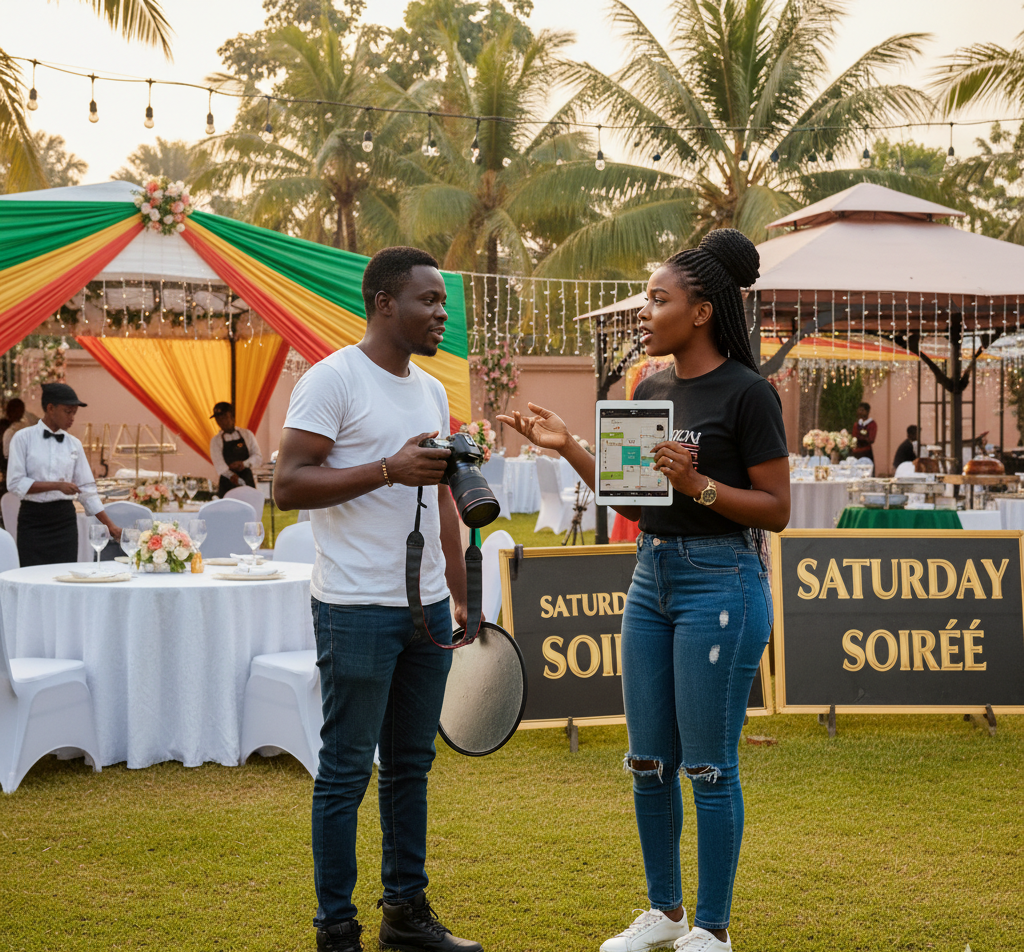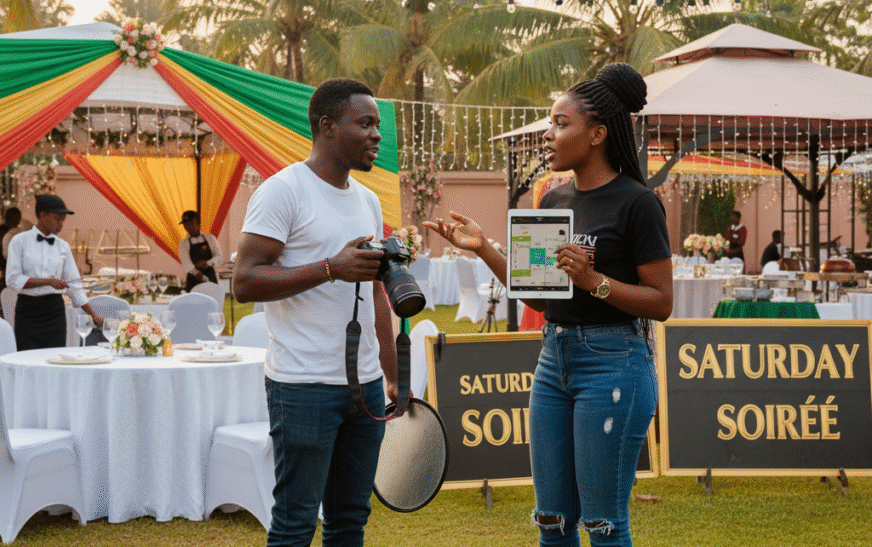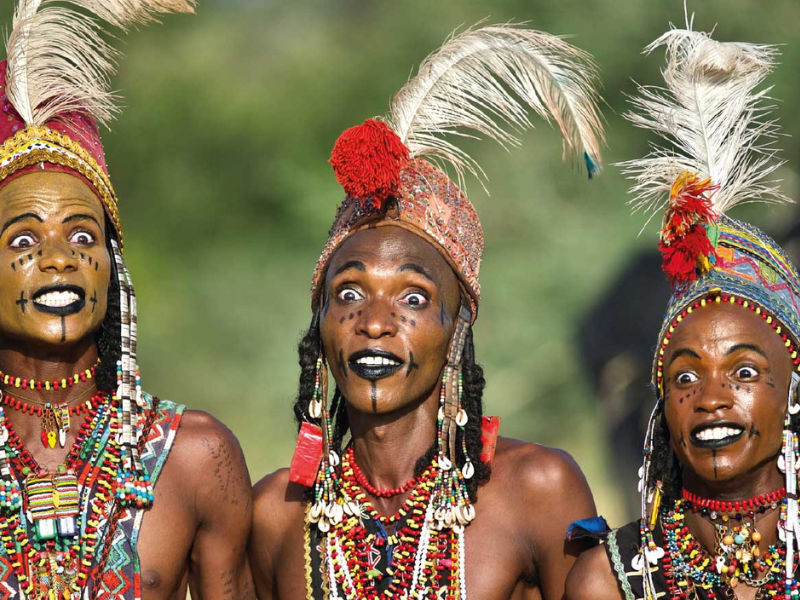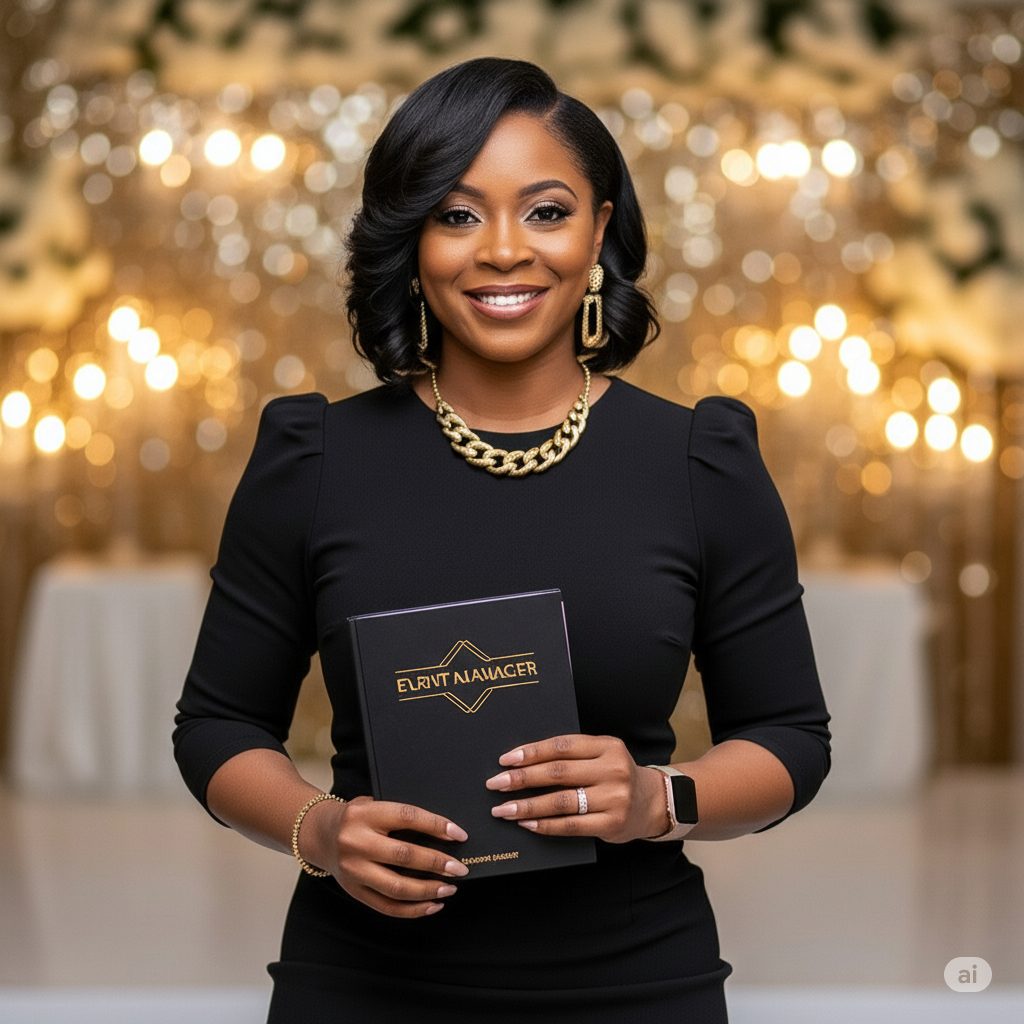Great event themes always create the best engagement with attendees. The tone, style and atmosphere of any event designed and to be executed in Nigeria are factors that should be considered in these times when attendees’ tastes are changing rapidly due to several conditions.
Nigeria is a country with diverse business potentials and concerns, driving purposes and creating opportunities for themselves. This entails creating meeting points with different audiences at different points in the form of a well-packaged event. In lagos alone hundreds of events take place at both formal and informal levels. However, most of these events are not managed optimally because organisers fail to take advantage of a good theme design strategy.
Meanwhile, an event theme is an overall concept that ties several pieces of an event together. In other words, Aside creating a befitting atmosphere, parameters such as tone, style, costumes, branding, colours, feel and even the smell are used to interpret the overall event objectives.
So, in this article you’ll understand the rules you need to know so you can apply them to creating event themes that win all the time. This article will also help you to understand how to blend brand identity with the interest of the attendees.
Here are the five golden rules:
Golden Rule 1: Don’t ignore purpose
Every event has a reason for which people are gathered, whether for celebration, education, awareness, marketing, networking or corporate branding. The very first step in the journey of designing great event themes is to start with the purpose. Understand the purpose of the event and clarify the objectives.
In this rule, every event theme must be rooted in the why of the event. It is interesting to understand that because event themes are not just decorative, they depend on the purpose of the event to thrive. The event’s purpose now helps to ensure that the tone and mood, aesthetics, branding, look and feel of the event interpret the purpose. Even the activities scheduled in the event sequence must also conform to the event theme.
For instance, if the purpose of the event is to launch a product, the event tone, atmosphere, branding and other must say so. The attendee must not find or reason anything short of this purpose. This is made possible by what the eyes, minds and emotions of the attendees are treated to.
Golden rule 2: Understand your Audiences
The audience or the people, is one of the most important elements (Ps) in the event management space, following the ‘Purpose’ and the ‘Place’. Determining the kind of audiences you want to host is an important event management function. When you are dealing with the right audiences, your event objectives are sure to be achieved.
In addition, your audience determines the format through which you wish to communicate, the language and the channels for the communication. What is pertinent is that, your audiences should be able to interpret the purpose of the event from the event themes and other communication efforts.
Golden rule 3: Consider Culture and Context
To create a winning event theme is not to ignore culture but to be able to weave it around the context of the event. Nigerians are always proud to identify with their culture and tradition. They show this by dressing unapologetically.
When event themes reflect some aspects or the whole culture of the people, an emotional connection is created. It makes it easy for an uninterrupted engagement. For instance, adding elements or some cultural icons, such as fashion and some cultural symbols, can boost the events’ engagement and even create uniqueness.
Recently, I had the opportunity to coordinate an aspect of an African-Caribbean Investment Summit. The event managers used our local fabric called “ANKARA” to enhance the aesthetic feel of the atmosphere. It was like a home away from home for locals. Also, it was an experience to behold for those who were foreigners and visitors.
Golden rule 4: Align with host or Brand’s Identity
Event themes that win are also built around the identity of the event organisers or the host. Themes are made to align with the host’s identity by adopting various properties such as colours, logos, bywords’ or payoffs, personas, etc. This helps to fortify the event’s theme and also helps to strengthen the image of the brand.
Furthermore, the brand is able to communicate its personalities and values without stress. Messages are more coherent because the theme is already reflecting some, if not most, of the event objectives. Consequently, the attendees and the host are on the same page.
A couple of months back a telecom giant organised an event and I had the opportunity to coordinate an aspect. They ensured that the brand’s colour dominated the event space. As simple as the tablecloths that were used, they reflected the brand’s colour. In fact, if you were at the event, at any inclination you turned, your eyes would hit the colours of the brand. It was so emphatic that you would dream of that colour in your dreams at night.
Golden rule 5: Emotional Connection
Themes that connect emotions are the themes that resonate with the minds of the attendees. It serves as an invincible bond between the attendee and the brand. Event Themes that connect emotionally with the attendees, create experiences that last long and keep the memories of the event as crisp pictures.
A winning event theme should trigger emotions such as excitement, pride, curiosity and joy. However, the theme should not be overly complex or vague. It should be simple enough to be read or seen. Attendees should be able to interpret the themes in the context of the event.
In conclusion, although there may be other rules that can be observed to achieve a winning event theme, the above-mentioned rules have been proven and tested based on years of experience.
In addition, winning event themes do not say a different thing from the event objectives. In other words, the event theme is to interpret the event objectives by expressing the aesthetic value in words or in images (decorations) and other branding efforts. In the end, event theme can be

